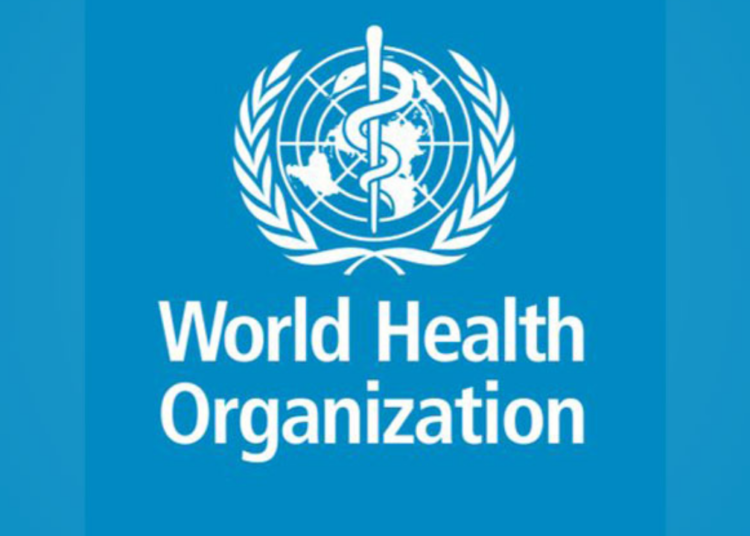The World Health Organisation (WHO) has raised the alarm over the rising burden of diabetes across Africa, revealing that more than 24 million adults aged 20–79 are currently living with the disease on the continent.
WHO said the figure was projected to more than double to 60 million by 2050 if urgent action is not taken.
WHO Regional Director for Africa, Dr Mohamed Janabi, stated this in a statement to mark World Diabetes Day 2025, themed, “Diabetes Across Life Stages.”
He said the continent was facing an “unprecedented rise in diabetes” driven by changing lifestyles, growing rates of overweight and obesity, and poor access to preventive and primary health services.
“Nearly half of those living with diabetes in Africa remain undiagnosed, silently facing escalating risks of severe complications, disability and premature death,” Dr. Janabi said.
He warned that unless the current trajectory was reversed, the epidemic would “overwhelm health systems, strain economies, and erode hard-won development gains” across the region.
Dr. Janabi emphasised that diabetes affected people at every stage of life, from children to older adults and that effective prevention and care must extend across the entire life course.
“For children, early diagnosis and consistent care enable healthy growth and learning; for women of reproductive age, proper management during pregnancy safeguards mother and child; while for working-age adults and older persons, accessible and continuous care is key to maintaining productivity and independence,” he explained.
He highlighted progress being made by some African countries, noting that in 2024, Member States endorsed the Framework for the Implementation of the Global Diabetes Compact in Africa, reaffirming their commitment to equitable and comprehensive care.
Countries such as Ghana and Uganda, he said, were integrating diabetes and cardiovascular services into primary healthcare systems, with WHO supporting the rollout of cost-effective interventions through its PEN and PEN-Plus packages. These programmes, operational in over 30 countries, aim to strengthen early detection, treatment, and management of chronic diseases at the community level.
Dr Janabi also underscored the importance of early detection and lifestyle modification, noting that diabetes progression can be prevented if identified at the insulin-resistance stage.
“We have a window of up to 15 years to control diabetes. Regular exercise, healthy eating, and appropriate medication can slow progression and make living with diabetes far more manageable,” he said.
The Regional Director urged African governments to strengthen governance and increase financing for noncommunicable disease services, while promoting policies that encourage nutritious diets, physical activity, and reduced consumption of unhealthy foods.
He also called for consistent access to affordable medicines, including insulin, as well as essential technologies and mental health support, to help people manage diabetes with dignity.
“Governments, health workers, civil society, communities, and individuals all share responsibility for changing the course of diabetes in Africa. Working together, we can remove the barriers that keep people from care and create environments that enable healthy living,” he stated.
As the world marks World Diabetes Day on November 14, WHO is calling for collective action to ensure that every person with diabetes, regardless of age or background, can live a healthy, dignified, and fulfilling life.





